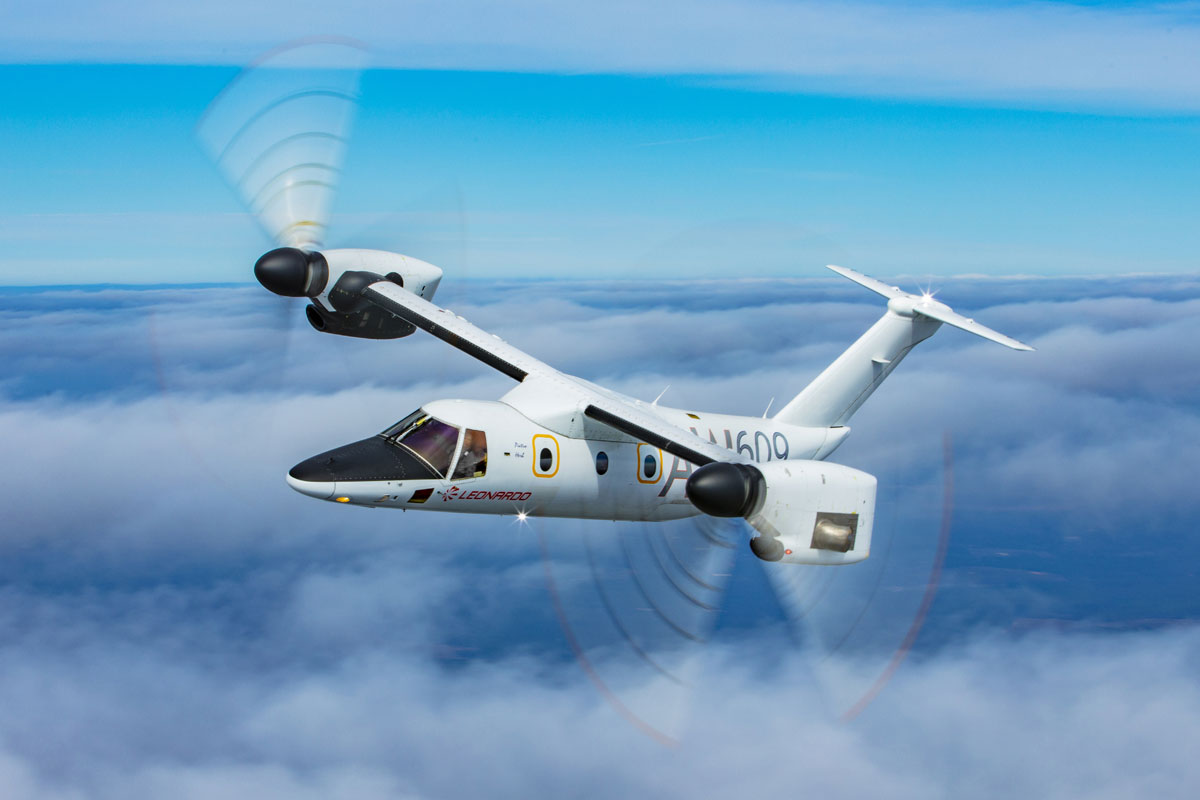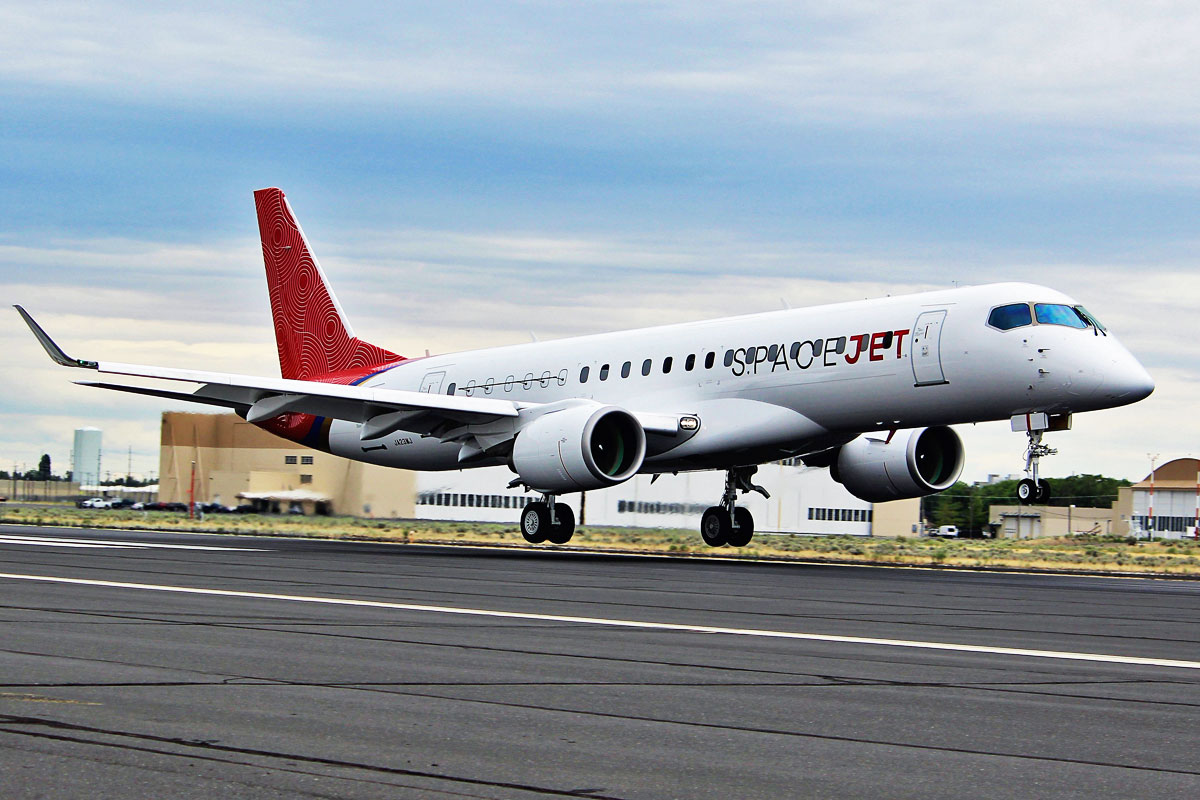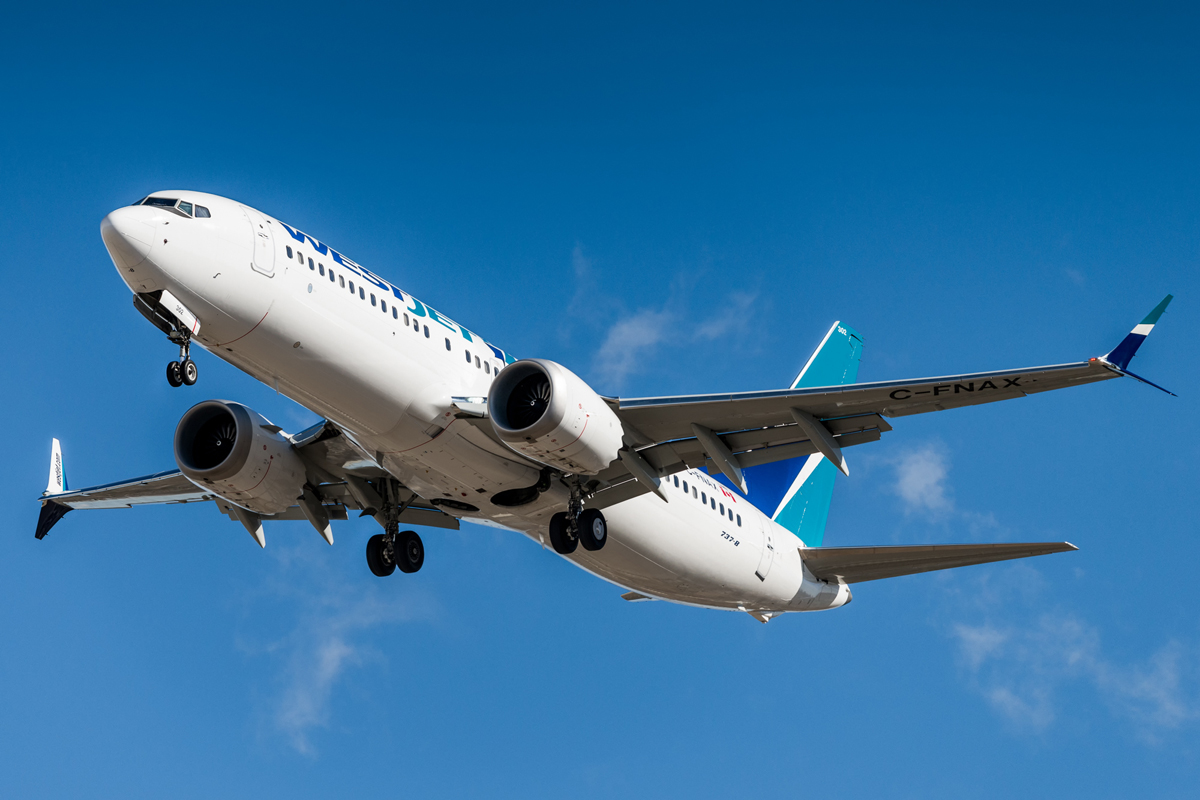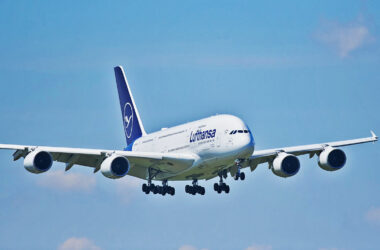The name sounds familiar, but it has nothing to do with one of South America’s best-known carriers, Ecuatoriana de Aviácion, Ecuador’s largest aviation company until it stopped flying in 2006.
An initiative of the country’s entrepreneurs, Ecuatoriana Airlines was registered with the National Civil Aviation Council (CNAC) of the South American country in late August and intends to launch services from the Mariscal Sucre International Airport, in Quito.
According to the application sent to CNAC, the new airline plans to serve the cities of Coca, Cuenca, Esmeraldas, Guayaquil, Loja, Macas, Manta, Quito, Santa Rosa and Tulcán. The fleet of the new Ecuatoriana is not defined, but the company is evaluating the ATR 42-500 and Dash 8-Q200 turboprops and the Airbus A319 and A220 jets and its competitor, the Boeing 737 in the 300, 400 or 500 variants.
Ecuatoriana’s share capital, however, is only $ 16,000, 99% of which belongs to a foreign investor, the Ecuadorian press revealed – the company’s partners are Eduardo Delgado and Ann Martillo.
Ecuador has faced a serious economic crisis that has affected commercial aviation severely. At the beginning of the year, the government decided to close the operations of TAME, the state owned airline, after consecutive losses. According to data from the OAG consultancy, the supply of weekly seats on domestic flights in Ecuador fell from 80,000 before the coronavirus crisis to just 13,000 at the end of August.
In 2019, the country’s aviation market was divided by TAME (33%), Avianca (25%) and LATAM Ecuador (36%). For this reason, the new Ecuatoriana would fill the gap left by the national airline in the dispute with two foreign brands.
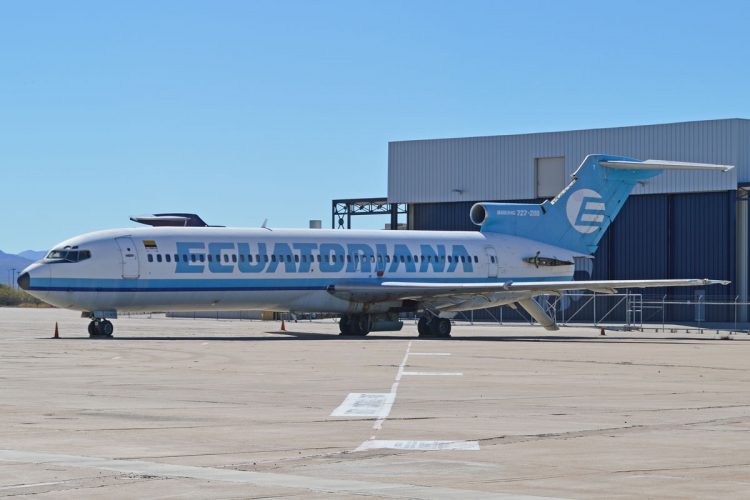
Ecuatoriana de Aviación used Boeing 727 jets when it was controlled by VASP (Alan Wilson)
Almost five decades of operation
The revival of the name Ecuatoriana has great significance for the small South American country. The airline, founded in 1957, was Ecuador’s flagship company for many years and even operated widebodies like the DC-10 and A310.
Privatized in 1995 after a serious financial crisis, Ecuatoriana came to be controlled by the Brazilian carrier VASP, which had also been transferred to the private sector years before. However, when faced with competition from LAN Chile in the 2000s, the Ecuadorian airline ended up suspending its operations in 2006.


